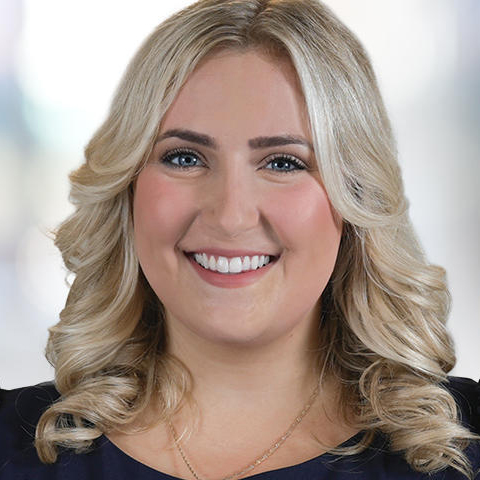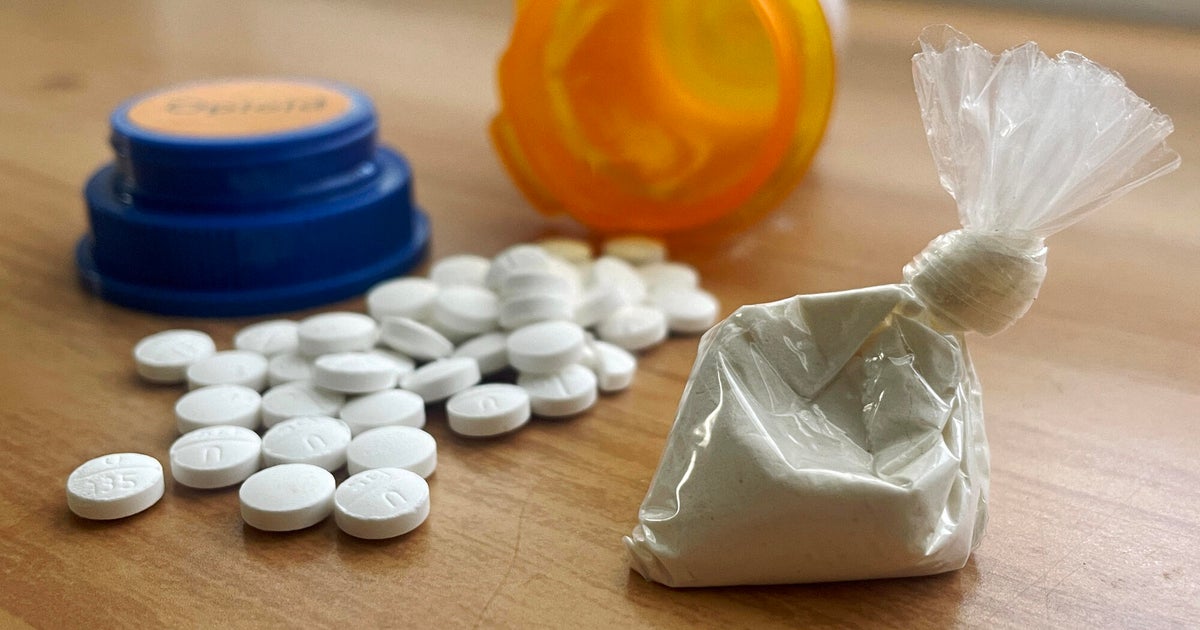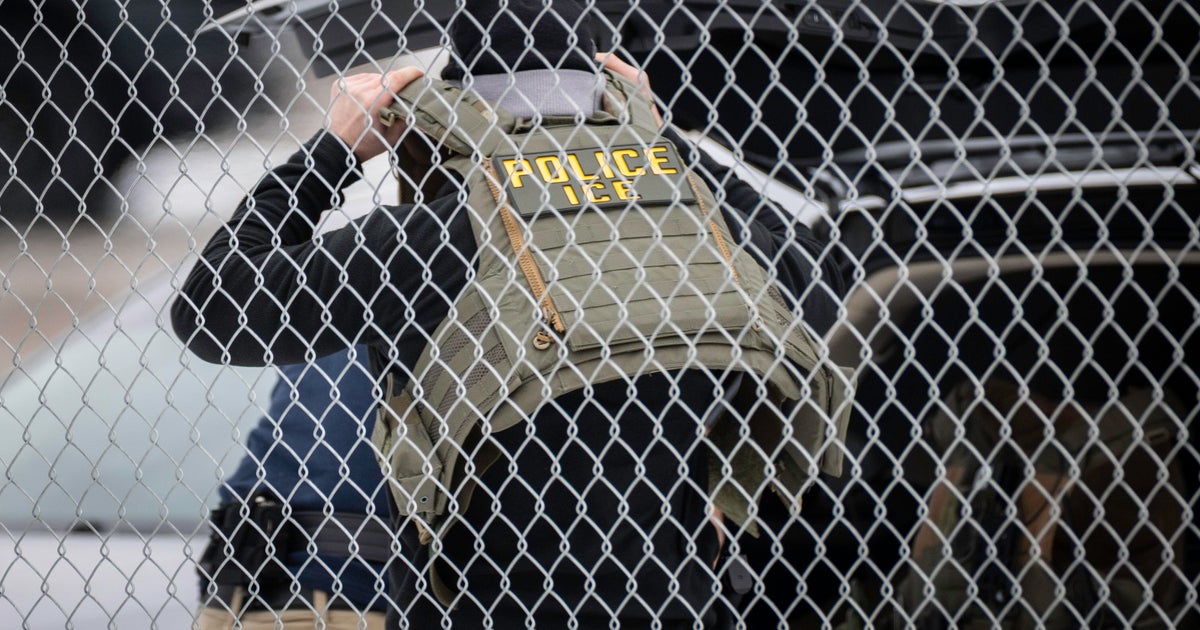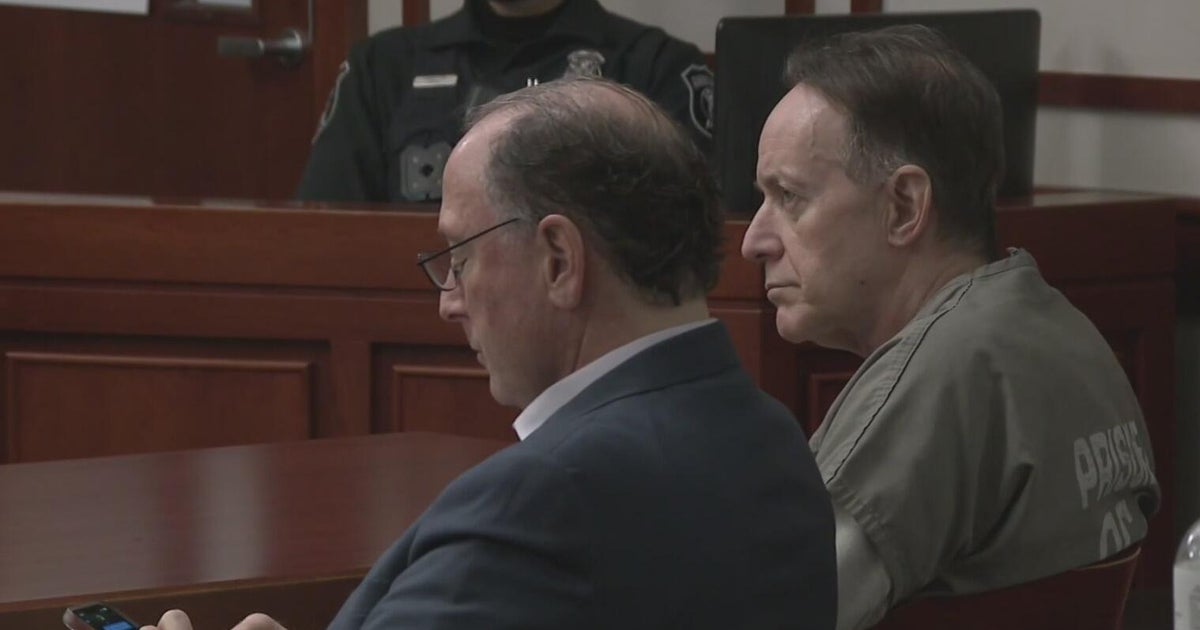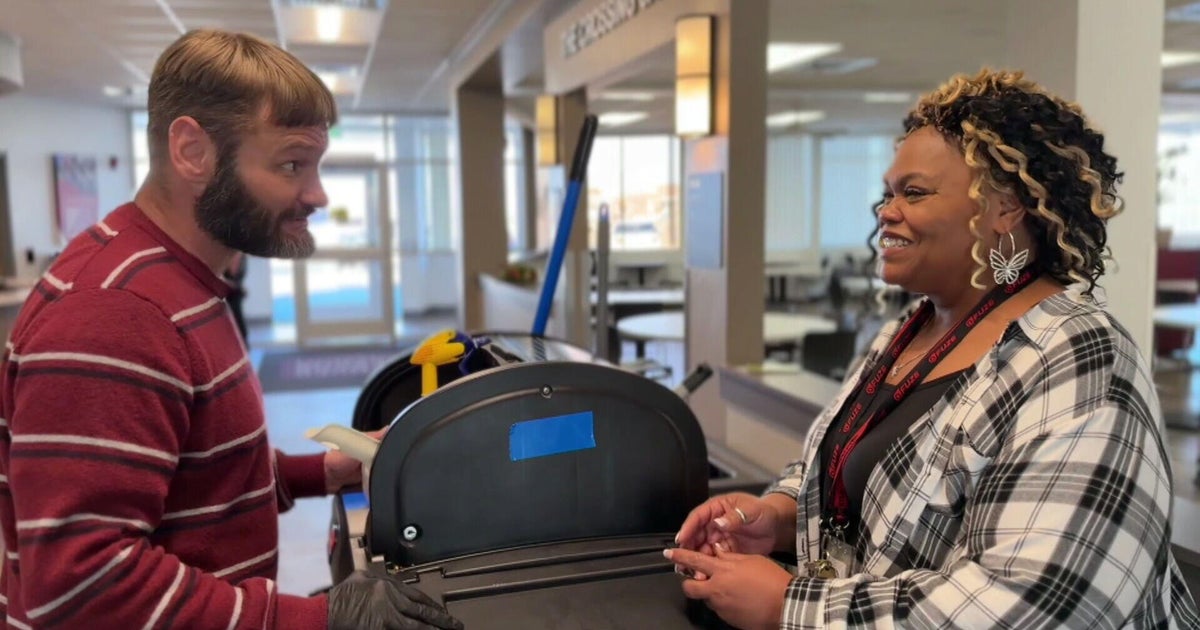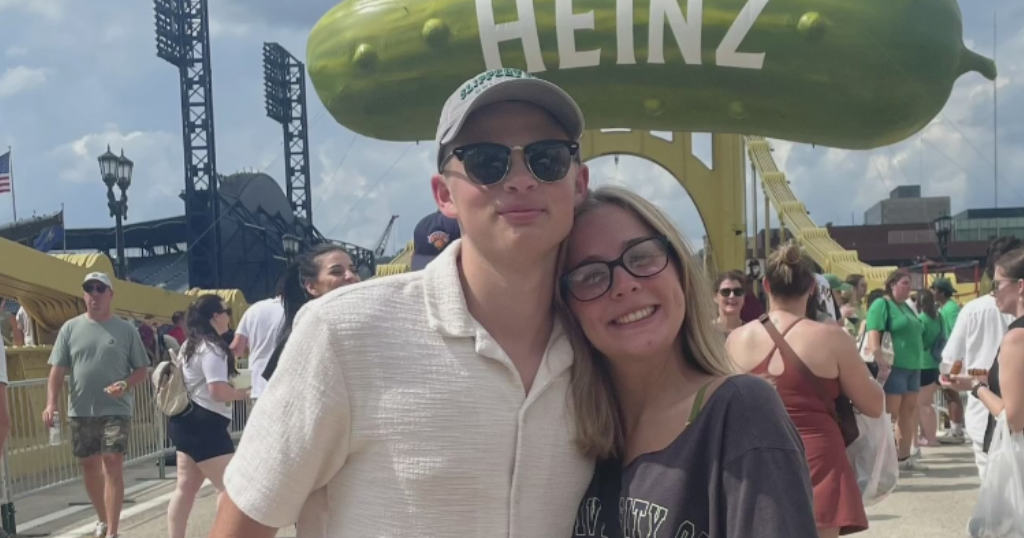Minnesota mirrors national trend of increasing overdose deaths
MINNEAPOLIS - Fatal drug overdoses are at an all-time high across the country, and here in Minnesota. 2021 was the highest year on record for deadly overdoses in the state.
It's a harsh reality Steven Kantrud knows well.
"I was going to either end up in prison, or dead," he said.
Kantrud is almost complete with Minnesota Adult and Teen Challenge Men's Long-Term Program. He's not walking alone in his addiction recovery. The organization is currently helping 900 substance abusers across the state.
"It was evil. It was really dark. I woke up every day for months on end just knowing that I didn't want to do it," Kantrud said. "But the only thing I could think about was that next high."
Last year, 1,286 Minnesotans died from drug overdoses. It's a 22% increase from the year before. Most of those deaths were associated with fentanyl.
"Minnesota is basically mirroring what's happening in the rest of the country," Minnesota Department of Health Overdose Epidemiologist Mary DeLaquil said.
Experts like DeLaquil and MDH Drug Overdose Prevention Unit Director Dana Farley attribute overdose upticks to several things.
"It's not just been a mismanagement of pain pills, but sometimes a mismanagement and misunderstanding of pain," Farley said.
More recently, COVID-related stress, lack of medical care and an increase in available, potent fentanyl can explain some of the overdose rises. It's a trend employees at Adult and Teen Challenge notice, too. For the first time, the nonprofit is seeing people seeking fentanyl on its own, not just using pills laced with fentanyl.
"Fentanyl is readily available," Long-Term Women's Program Director Mindy Mueller said. "It's cheap. It's easy to get and It's flooding our streets, it's flooding our schools. It's everywhere."
Mueller said families who don't have experience with addiction might not see the signs.
"Their kids can be addicted and be getting into things, and they have no idea," she said.
Change in behavior, isolation, sleep patterns and grades can be signs that a child is struggling with substance abuse. In fact, most substance abuse begins in the home. Seventy-five percent of first-time users get their drugs from a relative or friend.
"You may have some Percocet, you may have some OxyContin sitting in your cabinet from a surgery and you've forgotten about it," Mueller said. "Someone comes and grabs that and the next thing you know, they're addicted to pills. It can start that easily."
Mueller says it's also that easy to properly dispose of them to ensure those pills don't get in the wrong hands. Saturday is Drug Take Back Day. It's a chance to get rid of some of those used prescription medications, safely. Most pharmacies and police stations keep a drop off box all year round.
In light of some staggering overdose statistics, MDH is working to improve its outlook on substance abuse. On its website, there's a Naloxone -- commonly known as Narcan, a drug that reverses an overdose -- tracker to increase awareness on where people can get the lifesaving drug.
Farley said MDH is working to improve the linkage to care with EMS and others by sponsoring a program with St. Paul police to do outreach to homeless and others in need. He said the program doesn't just focus on overdoses, but mental health and housing.
"People use drugs to deal with pain," he said.
As for recovery, only one in 10 substance abusers get treatment.
"There is hope and I believe that there is no such thing as too far gone," Kantrud said.
Kantrud himself is living proof. With just one month left in his recovery program, he feels at peace and open to the world of possibilities ahead for him. Right now, he plans to pursue music, a passion he's had for a while.
"There's a lot of people and a huge community that wants to help you," he said. "And they're here. There's a lot of support. You just have to step into that."
Go to mntc.org or call 612-FREEDOM to start the admissions process at Minnesota Adult and Teen Challenge. The nonprofit provides long-term and short-term treatment for people struggling with substance use disorder, including opioids.
There are six drug take back locations in Ramsey County, view them here.
